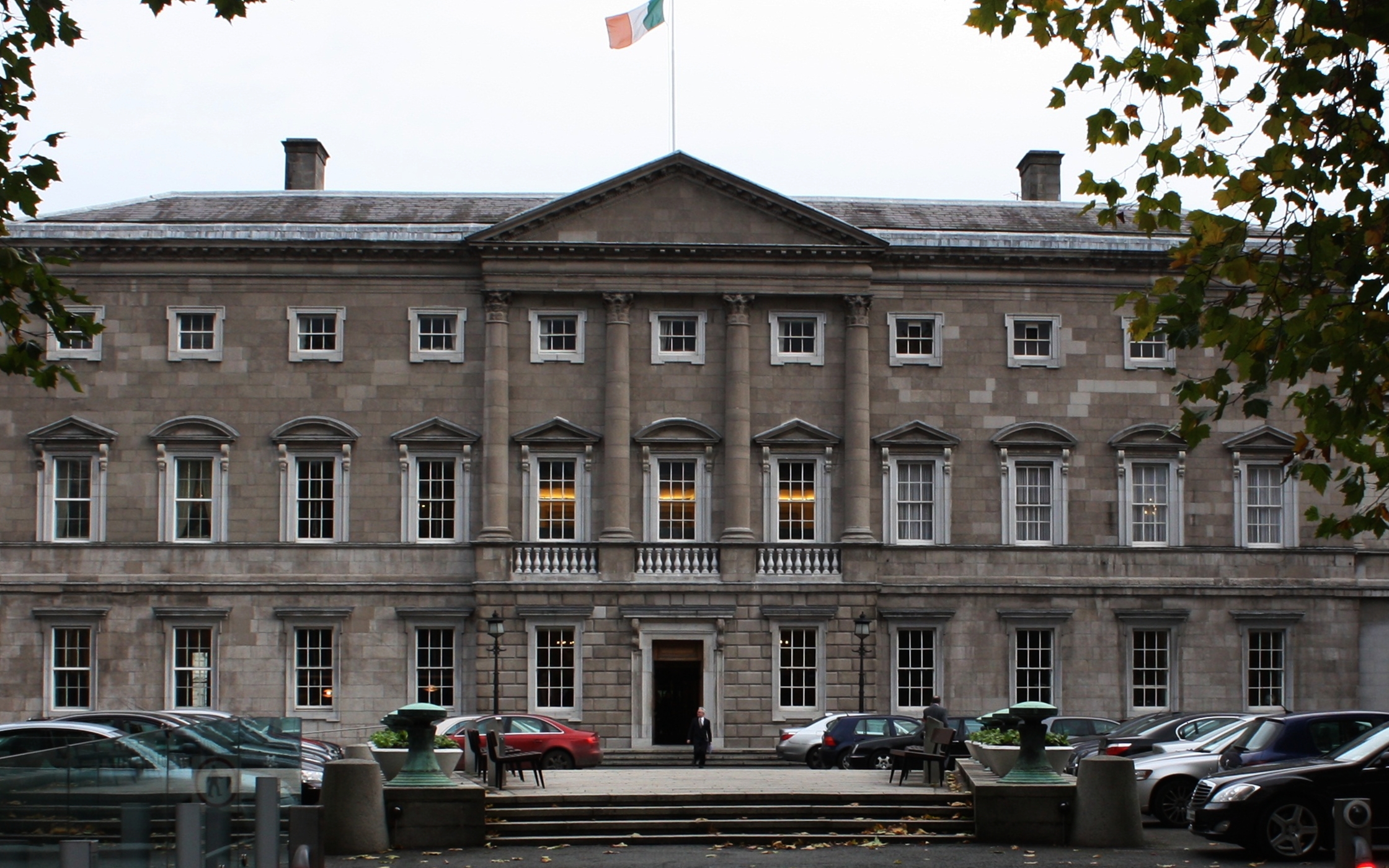Having digested today’s budget, one can’t escape the underlying feeling that it provides short term solutions to long term problems. The government today showed a reluctance to commit to particular approach to student housing, and higher education funding. While this may be expected, given the volatile nature of a minority government, this budget has failed to provide students with substantial solutions to today’s major issues.
Education
This budget saw an increase of 36.5 million euro directed at higher education. However, despite the Cassells report providing a number of possible routes to fund our third level institutions, this investment does not signify a particular approach to the issue.And so we are still left questioning how the government hopes to address the obvious lack of funding in higher education.
It must be decided where to place the financial burden: on students, businesses, or itself; but any of these choices would represent making a hard decision, each being unpopular with some groups. They are avoiding dealing with the issue. So this budget buys the government time and sends the question further down the line, but in the meantime our universities will suffer. It is time to stop trying to please everybody, and make a decision to direct the necessary resources to higher education.
This inaction is a probable result of the current government structure. With a minority government, parties must be constantly prepared for the possibility of a sudden election. Consequently, there is a reluctance to commit to any large scale policy change. The unfortunate reality of the situation is that there will be no large-scale initiative to tackle higher education until there is a stable government.
Housing
One of the most pressing issues for students in recent years has been the worsening accommodation crisis. The rent-a-room scheme – which was promoted as a short term fix – was further boosted. It now allows homeowners to rent a room in their home, with a threshold of 14,000 euro, up to which, the owner pays no income tax. After this, normal tax rates apply. This is an increase of 2,000 euro from last year, which will hopefully encourage more homeowners with spare rooms in the Dublin region to rent.
This is attractive to landlords, but the merits of the extension for students are nominal. Other preferable options such as a rent-allowance scheme for students, or construction of student specific housing were not considered in this budget.
Like higher education funding, the overarching issue is not solved.There is a shortage of housing in Dublin, and until more is built, the issue will not be resolved. This initiative also marks a reluctance, on the part of the government, to commit to any large-scale policy change.
Michael Noonan did somewhat address the housing shortage in general, with a plan hoping to encourage the construction of new homes through a help-to-buy scheme for first-time buyers. They will be eligible to receive a PAYE refund of up to 5% of the price of the house. The maximum cap is 20,000. Because this only applies to new-builds, it will incentivise people to buy, where they might otherwise rent. This might lessen the pressure on the Dublin rental market, giving students more options.
However, to really combat this issue, an increase in funding to third level institutions would allow the construction of quality, custom built student housing – something severely lacking in Dublin.
The minority government is a significant roadblock to any real progress. But as our elected representatives the government owe students a duty to offer meaningful solutions. Spreading resources thinly to ensure the government’s electability remains strong is bad governance, and we should demand more.







